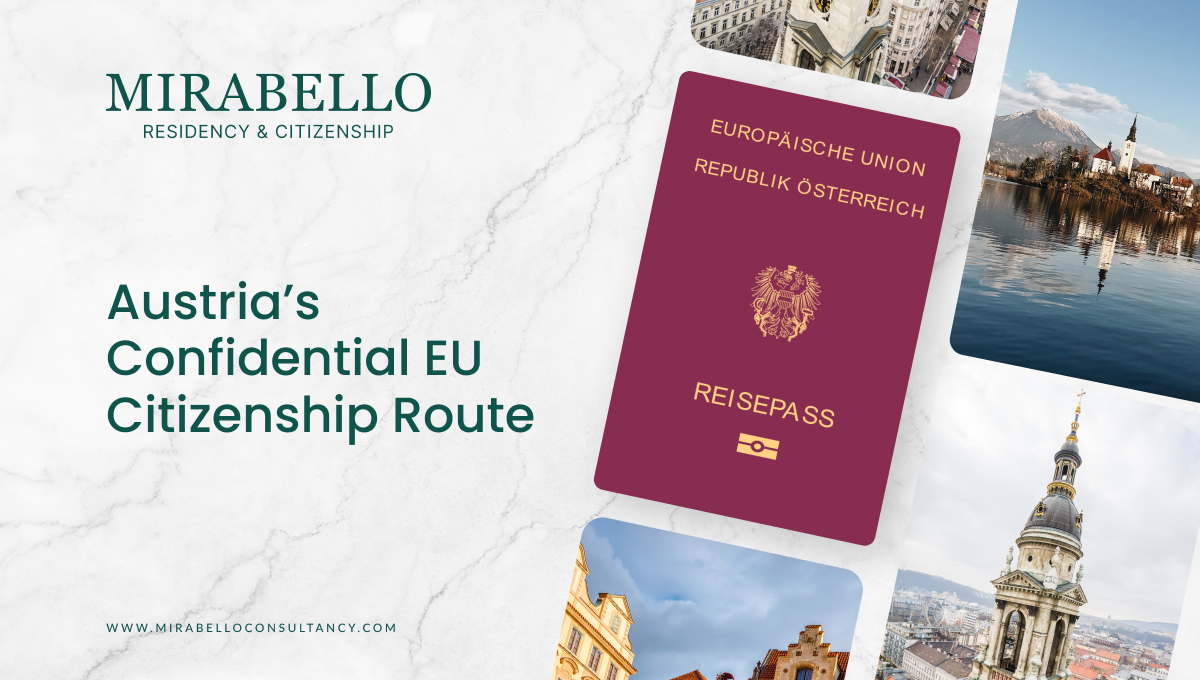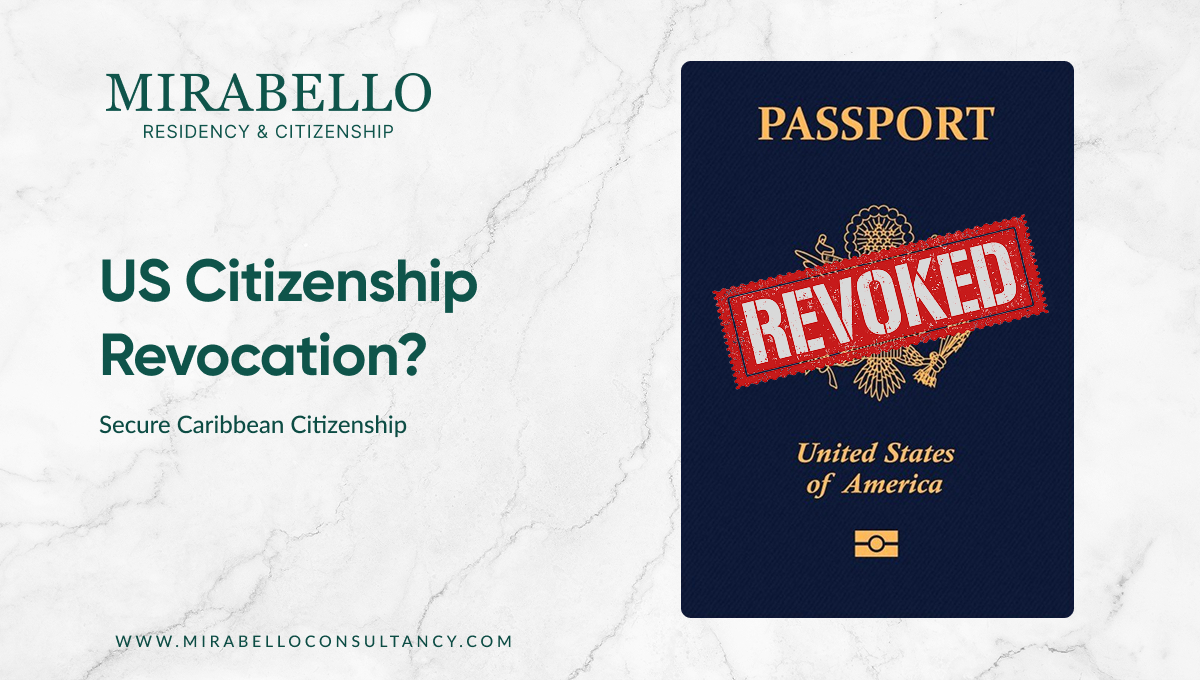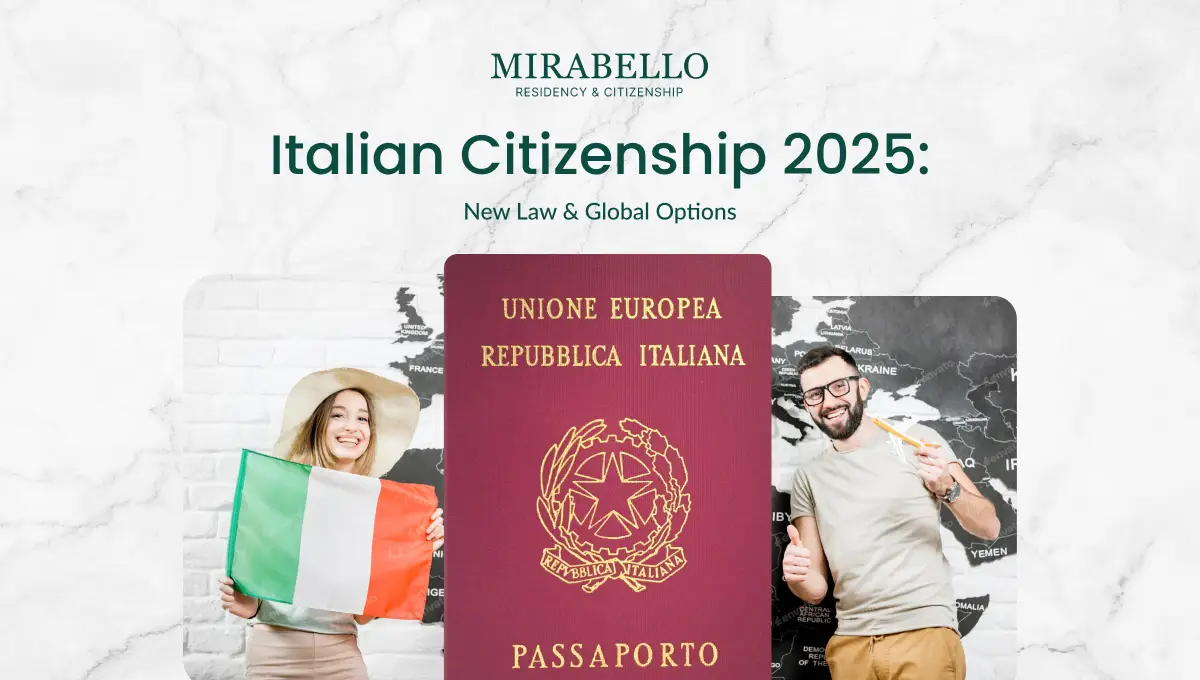
Buying a property in Malta is a very prospective yet tough challenge for foreigners. Thanks to its strategic location, growing economy, and tourism industry, the real estate market is on the rise. Many investors see this as an opportunity to get high investment returns.
In this article, we’ll cover the main benefits of buying a property in Malta, the legal requirements for foreign buyers, and the process of getting residency and citizenship by property investment.
- Buying property in Malta comes with benefits such as an opportunity, to get a Maltese passport, family reunification, an investor-friendly tax system, and high investment returns.
- To buy a property in Malta, you need to find the right real estate, contact an architect and a notary, get loan quotes from banks, sign a promise of sale, apply for a home loan, and sign the final contract.
Malta Real Estate Market Overview
According to the reports of Statista, in 2024 the projected value of the Real Estate market in Malta is going to reach US$103.80bn. Within the next 4 years, this segment will have an annual growth rate of 3.74%, resulting in a market volume of US$120.20bn by 2028. The main factors that caused the rise of the real estate market are Malta’s strategic location, growing tourism industry, and an opportunity to become a citizen after buying property in Malta.
The main property types in the Maltese real estate market include apartments, villas, maisonettes, townhouses, and penthouses.
Benefits of Buying Property in Malta
Buying property in Malta as a foreigner comes with many benefits. Some of them are:
Acquiring a Maltese Passport
In 2020, Malta launched a new citizenship-by-investment program, which aims to attract foreign investments to boost its economy. As an exchange, it grants the applicants with Maltese citizenship. In other words, buying property in Malta is one of the required steps that leads you to acquire a Maltese passport, which ranks as the 5th strongest passport in the world. It enables its citizens to have visa-free or visa-on-arrival entry to 190 countries including Germany, China, the United Kingdom, and the United States.
Family Reunification
By making an investment in the Maltese real estate market, you may qualify for citizenship and include your relatives in the application as well. As an applicant, you are allowed to include the following dependents:
- Parents or grandparents over the age of 55
- Spouse
- Children under the age of 18
- Financially dependent children under the age of 29
Investor-friendly Tax System
In Malta, the income tax rate varies from 0% to 35%. The big gap is due to the Maltese progressive tax system, meaning that the higher your income is, the more one is going to be taxed. For the companies, Malta has a full imputation tax system, which is structured in a way that prevents the same income from being taxed multiple times.
High Investment Returns
As we’ve already mentioned before, buying a house in Malta offers the potential for high real estate property returns. Malta’s real estate market is growing with more than three million tourists in Malta in 2023, which means that the industry has a high demand for short-term rental properties.
Legal Requirements for Foreign Buyers
Before making a property investment in Malta, make sure that you meet all the legal requirements, which are:
- Non-EU/EEA/Swiss nationals need to obtain an AIP (Acquisition of Immovable Property) Permit to be eligible to buy a property in Malta. However, if you’re buying a property in SDAs (Special Designated Areas) you won’t need an AIP.
- Both EU and non-EU citizens are eligible to purchase only one property in Malta unless the properties are located in SDAs.
- As a buyer, you need to meet the minimum value threshold, which is €143,410 for flats or maisonettes and €247,701 for any other property.
- You need to consider the notary and legal fees, which usually range from 1-3% of the property price.
- A stamp duty of 5% is applied to the purchase price of the property.
Step-by-Step Guide to Buying Property in Malta
Purchasing real estate in Malta can be a tough challenge, especially for a first-time buyer, that’s why we’ve prepared this buying property in Malta guide.
To buy property in Malta, you need to:
Find a Property
As a first step, you need to find the property you want to purchase and understand its location, price, utilities, etc.
Find Professionals: Architect and Notary
An architect and a notary are the key professionals whose assistance will be needed throughout the whole purchasing process. The role of the architect is to locate land registry plans, permits, and evaluate the property’s structure and value. Besides, he’s also responsible for assessing whether the property is in good condition.
As for the notary, he’s responsible for drafting and reviewing all legal documents, especially the Promise of Sale (POS). Additionally, he needs to conduct legal research to confirm there are no disputes or outstanding debts on that property.
Get Loan Quotes from Banks
Before applying for a home loan, a buyer needs to do thorough research, visit several banks, and familiarize themselves with preliminary quotes. As a buyer, make sure you understand how the repayment system works, what is the interest rate and whether it aligns with your plans.
Sign the Promise of Sale (Konvenju)
The promise of sale is an agreement that protects the rights of the seller and buyer. The document makes sure that the property is taken off the market while the buyer processes finance and completes legal checks.
Apply for a Home Loan
After signing the POS, you can already apply for a home loan. To be eligible for that, banks usually require:
- Employment contract and recent payslips
- Bank statements from local and foreign accounts
- The signed Promise of Sale
- Life insurance and property insurance
Sign the Final Contract
Once all the previous steps are done, the buyer and seller sign the final contract in the presence of a notary and bank representative.
在本文中,我们讨论了马耳他房地产市场、未来趋势以及对外国买家的法律要求。此外,我们还提供了在马耳他购买房产的分步指南,重点介绍了通过房地产投资获得居留权和公民身份的关键方面。
无论您是考虑搬迁到马耳他还是想从其多汁的房地产市场中受益,这个国家都能提供一些东西。
常见问题
如果您符合资格标准,在MPRP计划内在马耳他房地产市场投资至少35万欧元可以使您获得马耳他居留权。
有几种选择可以让你获得马耳他居留权。最实惠的被认为是马耳他永久居留计划(MPRP),该计划通常包括以下组成部分:
- 每年购买35万欧元的房产或12,000欧元的房地产租赁。它需要保存至少 5 年。
- 如果购买住宅物业,则为马耳他经济贡献28,000欧元,如果购买了住宅物业,则为58,000欧元。
- 向非政府组织捐款2,000欧元。
- 40,000 欧元的不可退还的管理费。
是的,马耳他的年度财产税约为房产价值的1.5%。
AIP(购置不动产)许可证是非居民在马耳他购买房产的补贴。要获得AIP,您需要填写申请表,提交所有必要的文件(例如护照,财产销售承诺协议和银行推荐信),并支付约233欧元的费用。
最受欢迎的房地产投资地区包括瓦莱塔、斯利马、圣朱利安斯和戈佐。





